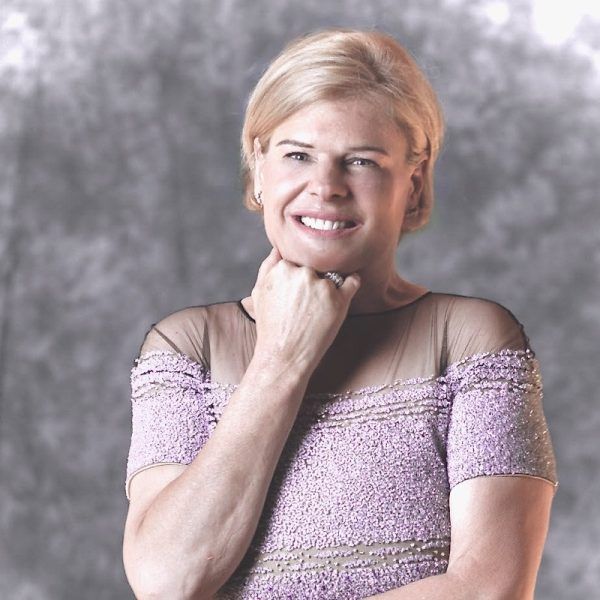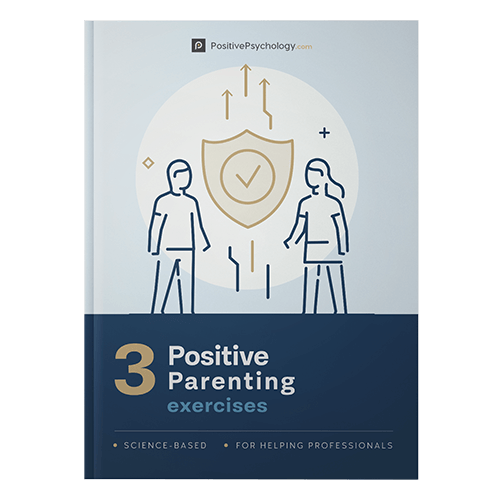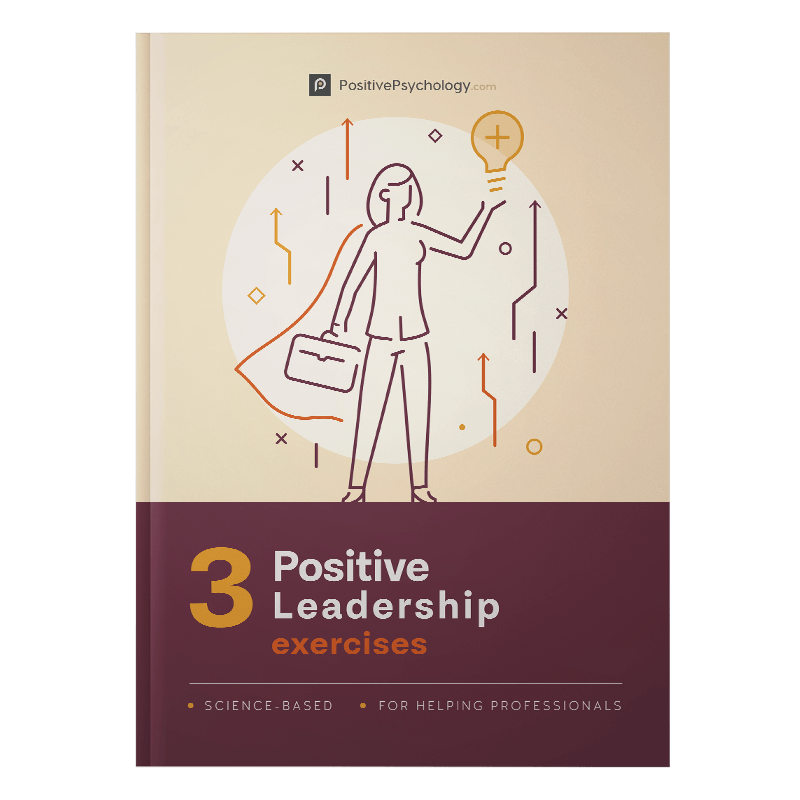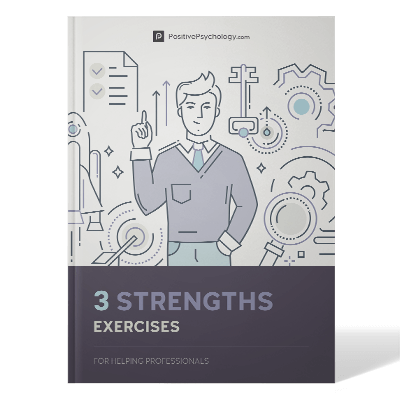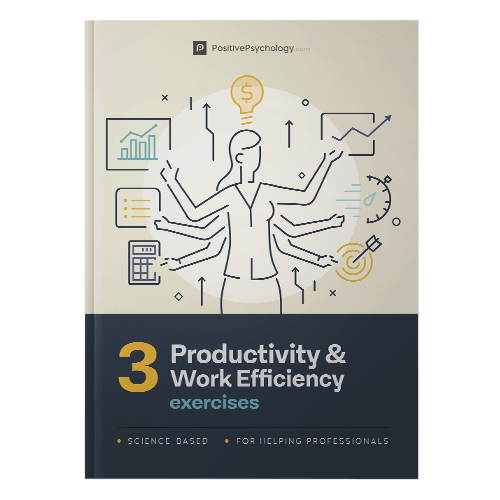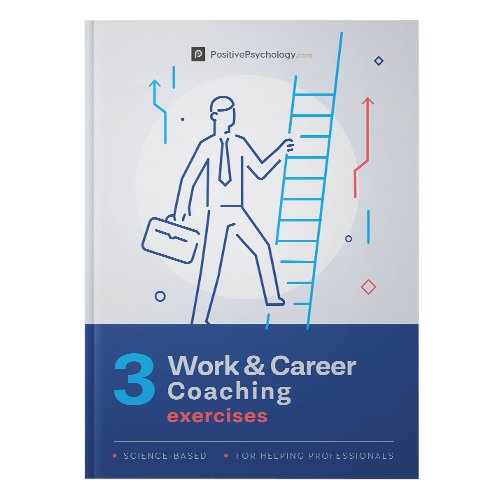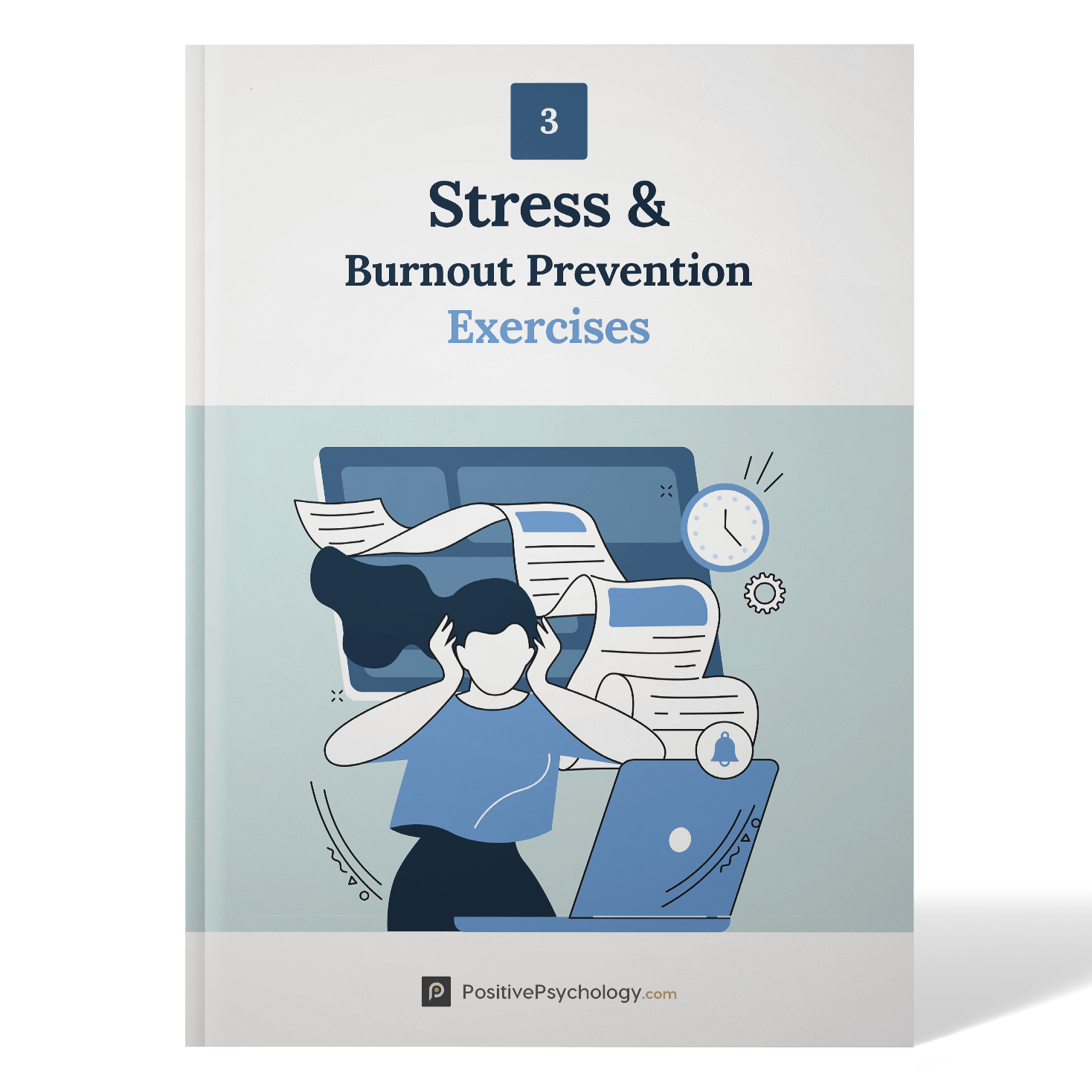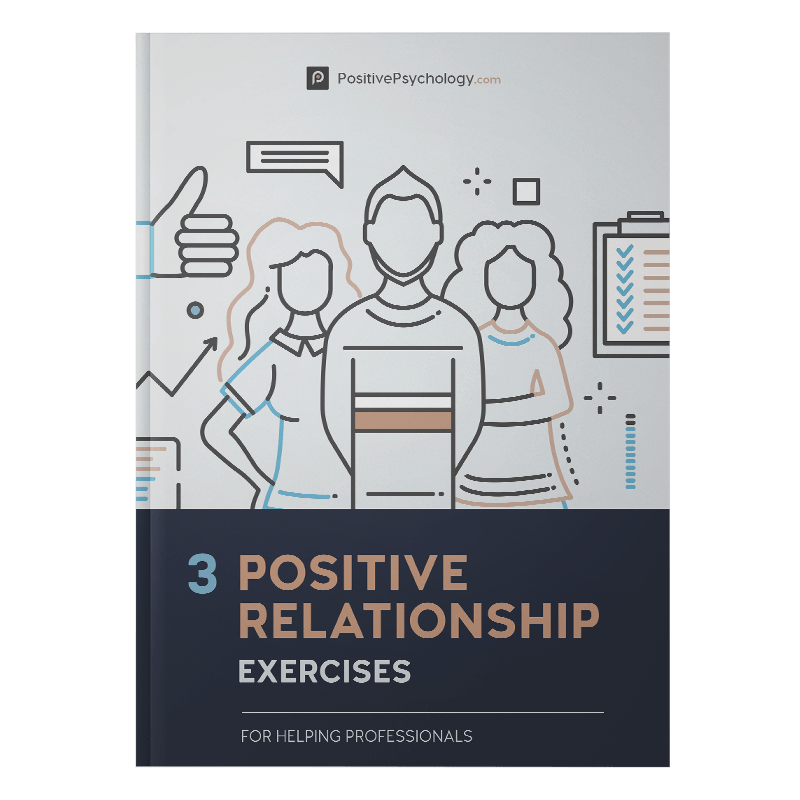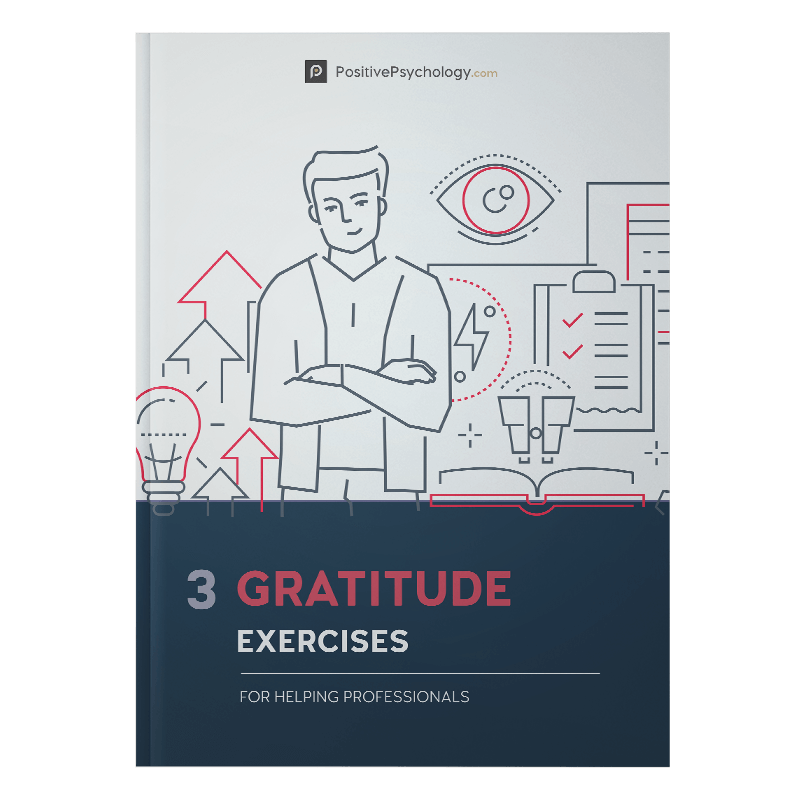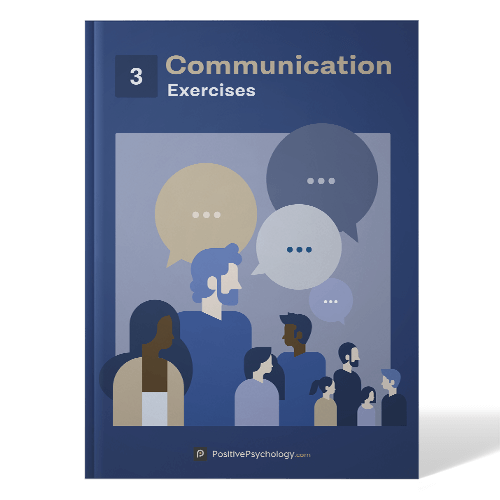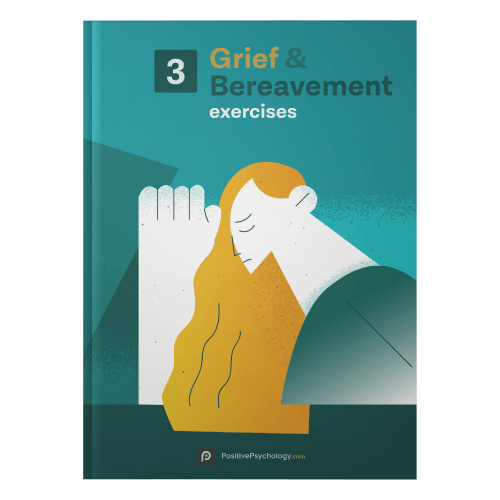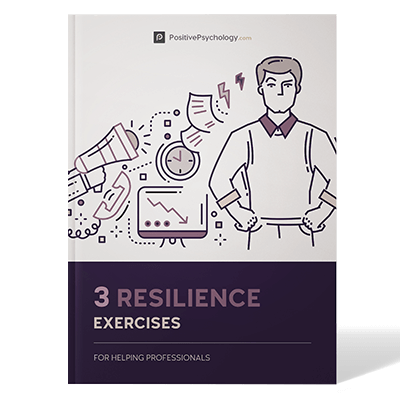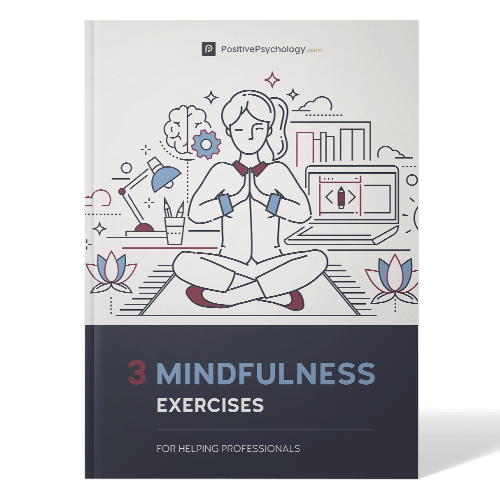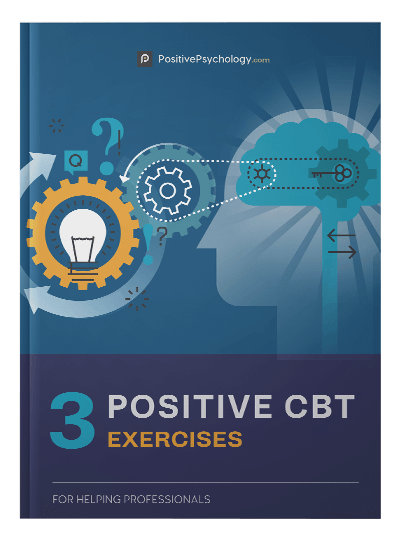Training the Trainers
Armed with her materials and worksheets, Debra completed a coaching course and began practicing as a corporate trainer. However, she very soon realized her resources weren’t enough.
Many of her corporate participants were curious about how they could assign coaching exercises to their own 1:1 clients, and she quickly became frustrated that she didn’t have the right resources or guidance to help them.
She felt similar nervousness and anxiety about delivering group presentations in corporate settings. Without worksheets, activities, and other appropriate materials, she worried about seeming ill-prepared.
“I wanted a toolkit, whether it was an icebreaker, a group activity on values, or different assessments and exercises.”
She realized she needed readily accessible materials to feel confident and make a more significant impact.
Around this time, a fellow NLP trainer suggested PositivePsychology.com. “They have such a good toolkit,” she was told. “It’s all on positive intelligence, positive psychology, and positive thinking. It really ties into what you already know and do.”
Debra soon began including resources from the Positive Psychology Toolkit© in her own sessions. As well as worksheets for her corporate training programs, she quickly found plenty to use with her life coachees and couples coaching clients.
Looking back, she believes this was when her confidence began growing: “I would be able to grab all that information. I knew it had been researched. I knew it had come from somewhere, so it built up my confidence.”
Debra now feels particularly reassured that she is using scientifically supported solutions with her data-driven corporate clients:
“When I work with really influential, well-diversified people, they also want the facts and data around some of it. So it’s really useful to have that at your fingertips.”
Regardless of whom she is working with, Debra finds ways to develop her signature approach as a practitioner. Much of her work involves building and maintaining resilience in others, and she has been defining her unique blend of coaching by combining some of the resilience tools and toolkits.
“I like to create things from lots of different avenues,” she describes, “to make it not cookie cutter.”
Her clients’ feedback has been impressive. Debra’s resilience workshop has been described as “extremely well organized” and “invaluable,” with “clear and readily available visuals and materials.”
Debra is always keen to find new ways to increase her impact with her positive psychology toolbox. To her, that’s what the field is all about: “That, to me, is positive psychology. What else could I do that would lead the person to where they want to be? What is the result they want?”
She has even had her fair share of a-ha moments while applying Toolkit© resources to help her clients. For instance, she’s found new ways to dive deeper into the power of metaphor: “I use the Sailboat Metaphor all the time in my presentations, in different ways, because that’s the beauty of that metaphor. […] And then, of course, we get the slides with that. So that was fantastic for me. I didn’t have to create anything that went with it.”
Switching to a Positive Framework
Debra has facilitated more than a few breakthroughs since implementing more positive psychology in her work. Most notably, she gets a huge reward from helping clients cultivate new mindsets, build confidence, and discover a clearer sense of self.
“One young girl, maybe 13 or 14, was being bullied at school. We worked on changing the story of how she felt when she was confident, how she held her body, and things she’d done in the past that were really confident for her.
“It wasn’t this big dramatic thing that we were doing, but it had a dramatic impact for her. She went to school, messaged me, and said, ‘Thank you so much for helping me find my strength and courage.’ It was just amazing.”
And as her confidence and client list have grown, so have her expertise and professional knowledge:
“Being able to have ready and easily available things was helping me move from ‘here’ to where I wanted to be. It gave me more of an understanding, even though I’ve done so much training and study.”
Ultimately, however, Debra believes overcoming her challenges has come down to embracing what she calls a “positive psychology mindset.”


